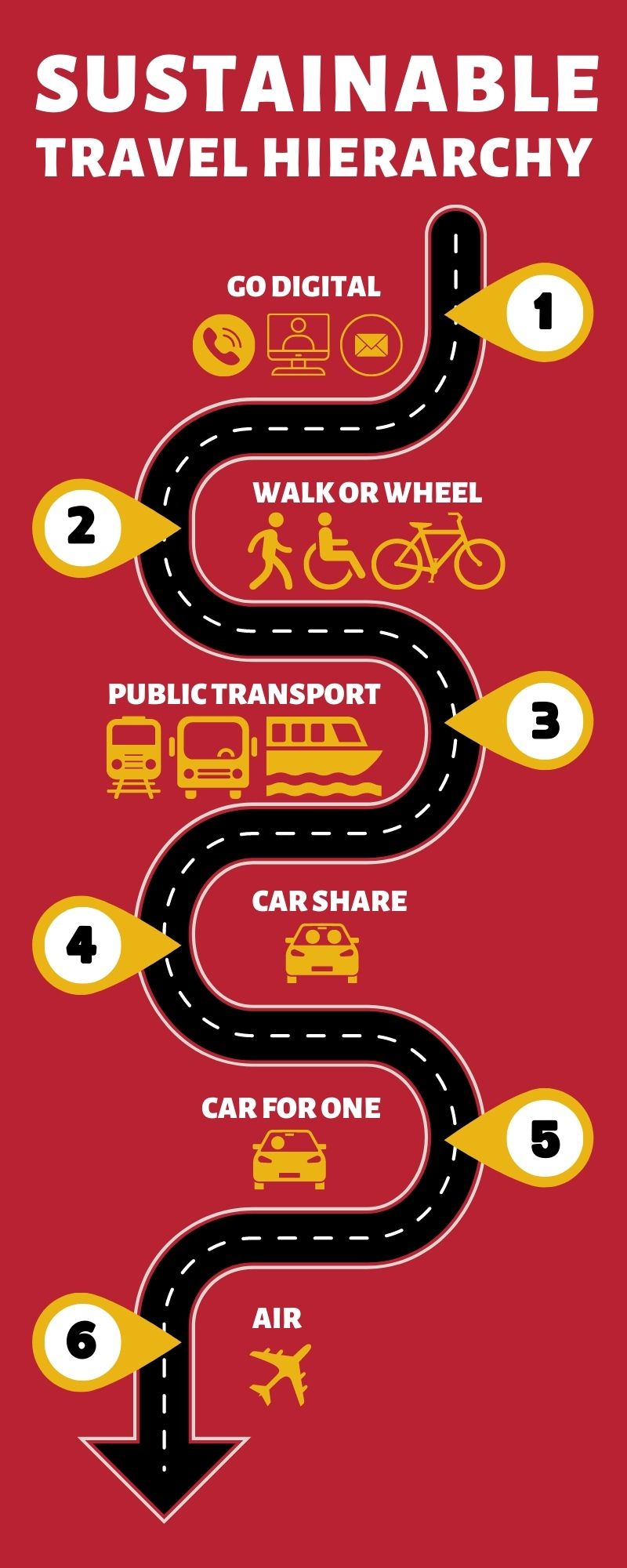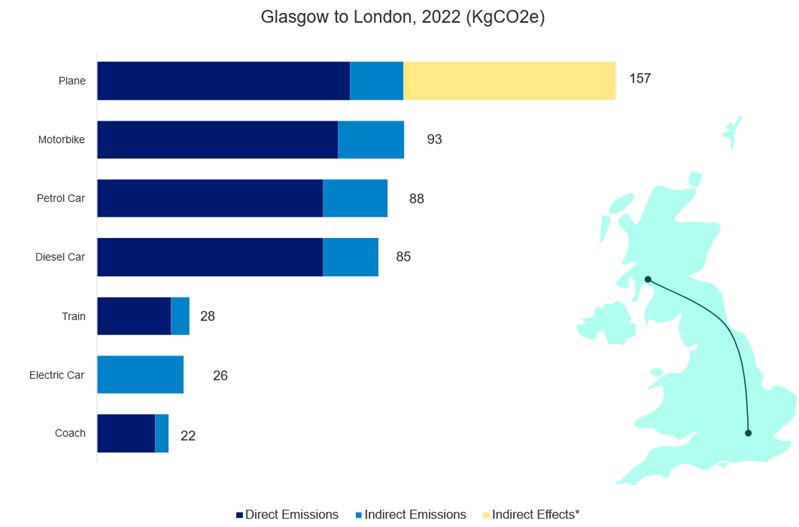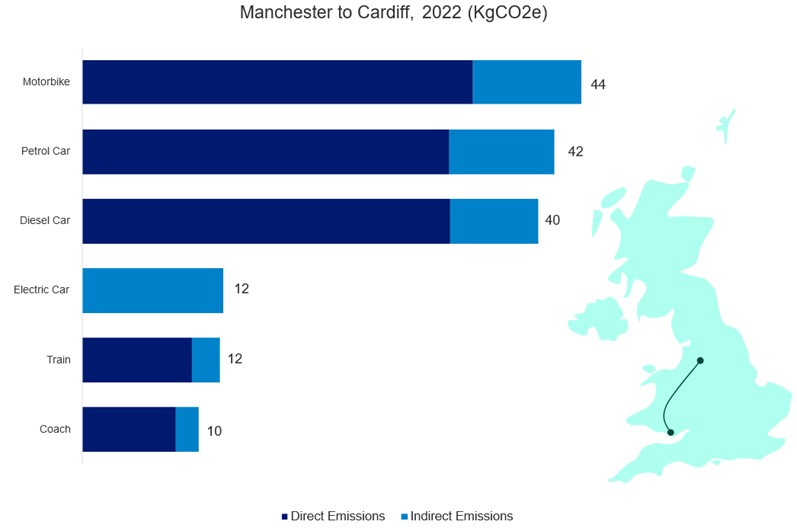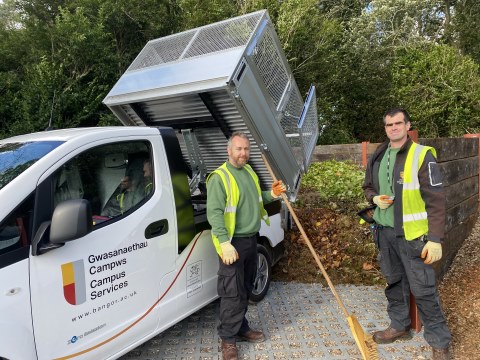Travel and Transport
Sustainable Travel Guidelines
In addition to the sustainability conditions noted in our Travel and Expenses Policy, we have also produced a set of Guidelines for Staff, below, to reduce emissions from business travel.
It is acknowledged that business travel globally is a key part of the University’s requirements as a business. It would be unfeasible to stop all overseas travel, but we aim to educate staff and students on lower carbon alternatives.
Our Policy states “Employees are expected both to seek good value for money without impairing the efficiency of the University and to consider the environmental impact of travel.” Standard class rail travel, standard hotel rooms and economy class flights are normally expected to be appropriate, and staff who wish to travel by bicycle can be reimbursed.
To think about more sustainable travel options please follow the travel hierarchy below for your journey. Ask yourself do you have to attend the event physically or can you undertake it online or make use of the videoconferencing facilities, or can you combine meetings together into one trip.

Travelling by air tends to be the least sustainable method of transport. You can use the Air Travel Justification Tool to help you determine the importance of attending a particular conference or event after you have established that there are no alternatives to flying.
The Department of Transport have calculated a number of comparator modes of transport for various trips, to show indicative GHG emissions for a single passenger.


Indirect Effects refers to the climatic effect of non-CO2 pollutants, such as water vapour, aerosols, and nitrogen oxides. This chart reflects a central estimate of the journey’s non-CO2 effects; however this estimate is highly uncertain. Non-CO2 effects could be higher or lower1.
Quick Links- See a map of locations of our showers and bike racks here
- Staff can purchase a bike and safety equipment through the salary sacrifice scheme
- Staff have access to purchase discounted Arriva monthly bus passes
- Train and Bus timetables can be found at the Traveline website
- Local public transport information for each site can be found here
- Calculate your flight emissions
- University Travel Cover (Insurance)
- Booking Business Travel
Campus Services Fleet goes Electric
In its drive to become a resource efficient institution, the University now has 16 electric vehicles in its fleet within Campus Services.
The change-over was made possible by a successful bid for Circular Economy funding from Welsh Government made by Campus Services, which funded four electric vehicles. Additionally, funding was also received from the Higher Education Funding Council for Wales to purchase a further six electric vehicles.
Changing the fleet over to electric contributes to the University’s ambitions to be a sustainable University and to contribute further to the goals and objectives of the Well-being of Future Generations (Wales) Act 2015.
Meryl Wyn-Jones, Head of Facilities Operations, Campus Services explains:
“The funding enabled us to replace diesel vehicles with electric ones; the Security section now, in the main, only uses electric vehicles.
The Facilities section has now disposed of its two remaining owned diesel vehicles and the section also now uses electric vehicles, with the exception of a hired diesel tail-lift van used when the need arises to move larger or heavier loads.
Overall, there are currently 16 electric vehicles within our fleet and we’d like to move further down the electric route in future. The electric fleet includes two specialist electric vehicles – a tipper truck and cage van.
The Grounds and Landscape team have reported improved efficiency since using the electric tipper truck. The truck’s higher capacity is resulting in fewer journeys to and from the compost site and its tipper facility has reduced the time spent unloading.
The electric cage vehicle used by the Facilities team is also proving to be really useful, especially as it has a ramp facility to more easily load bins and recycling."

